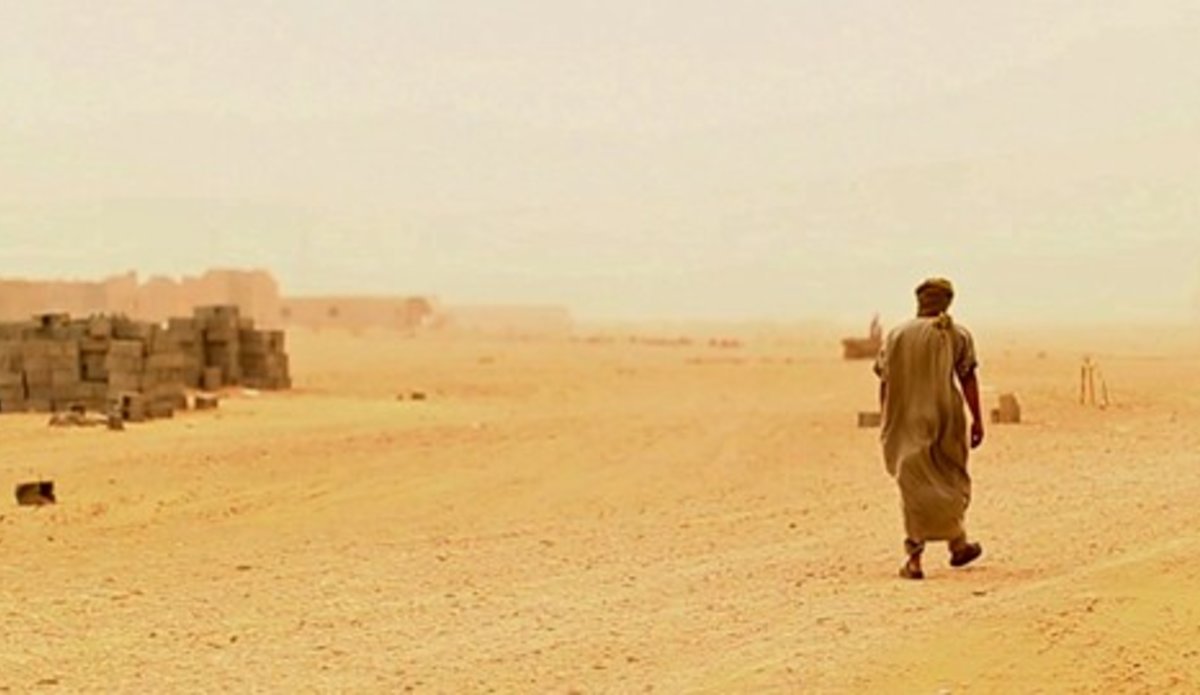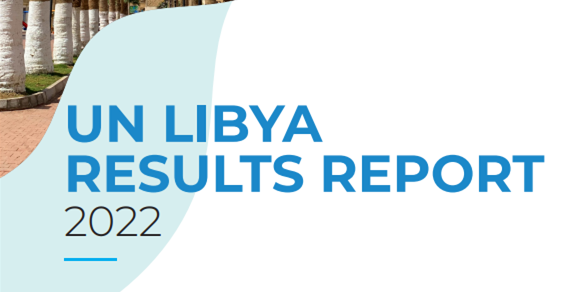Human Rights Report on Civilian Casualties - January & February 2016
Tunis, 1 March 2016 – From 1 January to 29 February 2016, the United Nations Support Mission in Libya (UNSMIL) documented 66 civilian casualties, including 28 deaths and 38 injuries, during the conduct of hostilities across Libya. Victims included 5 children killed and 7 injured, 17 men killed and 31 injured, and 6 women killed with no injuries recorded.
The majority of deaths and injuries were caused by shelling, including mortars, artillery and other indirect weapons, (16 deaths, 26 injuries), while the next leading cause was gun shots (6 deaths, 10 injuries) and explosive remnants of war (4 deaths and 1 injury), aerial bombardments (2 deaths) and suicide attack (1 injury).
UNSMIL documented 14 deaths and 14 injured in Benghazi, 6 deaths in Ajdabiya, 3 deaths in Derna, 2 deaths and 16 injured in Sabha, 1 death and 6 injured in al-Marj, 1 death and 1 injured in Tripoli, 1 death in Tobruk and 1 injured in Ras Lanuf.
Due to limited access and the multiple parties engaged in the conflict, who did not take responsibility for particular incidents, UNSMIL was unable to determine with certainty which party caused these civilian casualties. The figures do not include the deaths of two Serbian diplomats, whose bodies were found following the 19 February air strike by the United States of America in Sabratha as there is still uncertainty as to how these deaths occurred, and investigations are still ongoing.
UNSMIL also documented two attacks on civilian facilities. On 7 February, a hospital in Derna was hit during aerial bombing, causing damage to the facility, as well as two deaths. On 9 January, an electricity plant in Benghazi was shelled, causing blackouts in the city.
Aside from civilian casualties, UNSMIL documented 7 executions of Petroleum Facilities Guards, alleged opponents and a police officer in Ben Jawad, Harawa and Sirte; the death of an eleven-year-old boy who had been abducted by an armed group whose body was found with alleged marks of torture in Tripoli; and the death in custody of a man in a facility in al-Zawiya controlled by an armed group. In addition, a major suicide attack on the Coast Guard training academy killed 63 people, mainly cadets who were attending a graduation ceremony.
Note:
The figures for civilian casualties set out above only include persons killed or injured in the course of hostilities and who were not directly participating in the hostilities. The figures do not include those casualties that are not a direct result of hostilities, for example executions after capture, torture or abductions, or casualties caused as an indirect consequence of hostilities. The figures are based on information UNSMIL has gathered and cross-checked from a broad range of sources in Libya, including human rights defenders, civil society, current and former officials, employees of local governments, community leaders and members, witnesses, others directly affected and media reports. In order to assess the credibility of information obtained, where possible, UNSMIL reviewed documentary information, including medical records, forensic reports and photographic evidence.
The figures are only those that UNSMIL was able to document in the reporting period. They are not likely to be complete and may change as new information emerges about incidents involving civilian casualties that took place during this period. Similarly, while UNSMIL has systematically tried to ensure that the cases it documented are based on credible information, further verification would be required to attain a higher standard of proof. Due to the security situation, UNSMIL has not been able to carry out direct site visits in Libya to obtain information. Disruption in communications especially in areas controlled by groups pledging allegiance to the Islamic State in Iraq and the Levant (ISIL) and fear of reprisals against sources further hamper information gathering.
While not all actions leading to civilian casualties breach international humanitarian law, UNSMIL reminds all parties to the conflict that they are under an obligation to target only military objectives. Direct attacks on civilians as well as indiscriminate attacks – which do not distinguish between civilians and fighters – are prohibited. Attacks that are expected to cause incidental loss of civilian life, injury to civilians and damage to civilian objects excessive to the anticipated concrete and direct military advantage are also prohibited. Such attacks amount to war crimes that can be prosecuted by the International Criminal Court.
In order to ensure greater protection of the civilian population and essential infrastructure all parties engaged in fighting in Libya must cease the use of mortars and other indirect weapons and imprecise aerial bombardments in civilian-populated areas, and not place fighters or other military objectives in populated areas. All executions of captives must cease and all those captured including fighters must be treated humanely in all circumstances.
 United Nations Peacekeeping
United Nations Peacekeeping UN
UN








